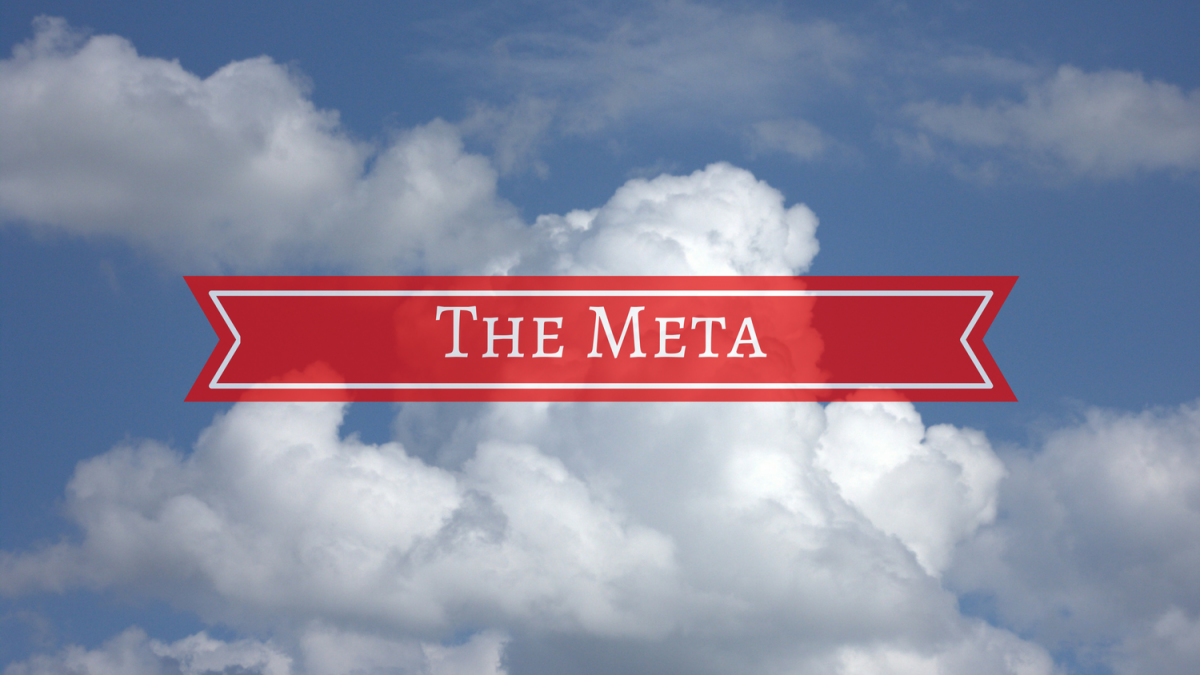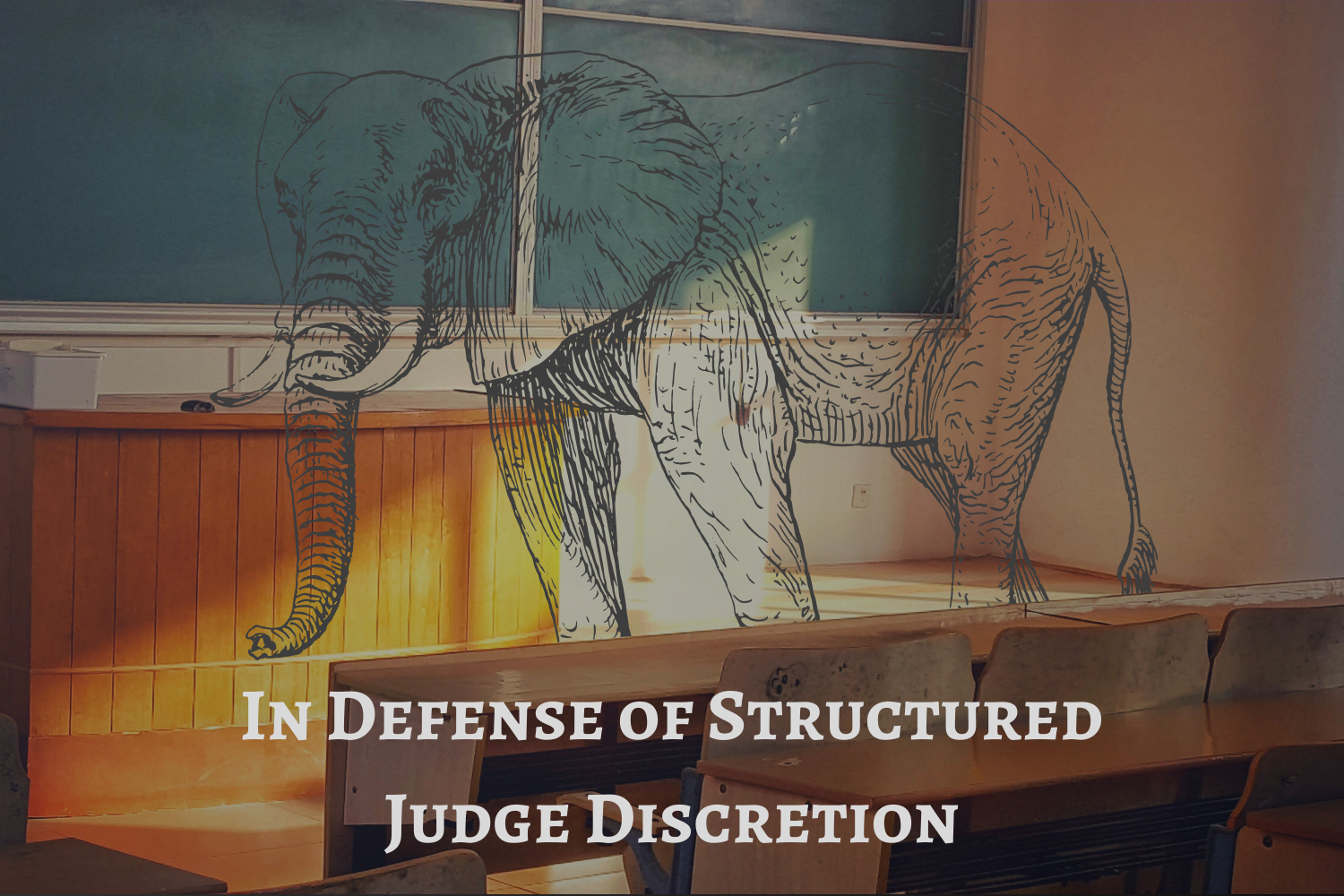Early Aff Metagame for Nov/Dec ’18 (Kenan Anderson)

Introduction
While few topics escape criticism in the community, this year’s Nov/Dec seemed to lead to an all-time high, including a Change.org petition and many calling for an official change. Given the topic’s lack of a clear actor or action and general vagueness, I think most teams were unsure what to expect going into this weekend. But after the first big weekend on the new topic (plus Blue Key’s early start in October), we’re starting to see a few dominant strategies emerge.
To analyze the current metagame, I looked at what types of affirmatives were read by the top debaters at Blue Key, Apple Valley, and Damus. For this post, I considered only debaters who bid at those tournaments.[1] If the debater had multiple affs, but the affs were in the same category (for example multiple Framework/Philosophy Affs or multiple Kritik Affs) I grouped them into a category as one. When a debater had two affs in different categories, I gave each category +.5.
After calculating, I found there were five major categories of affirmatives. These categories showed a slight shift from what Bob found in the Yale metagame here though Yale is much more regional tournament than the data set I’m working with. For debaters planning to attend bid tournaments later on the topic such as the Glenbrooks, these are the strategies you need to be ready for.
#1 – Non-Topical and Somewhat Topical K Affs
Once again we’ve seen a really strong showing from affirmatives that don’t defend straightforward implementation and instead take a more performative and critical reading of the resolution. Debaters reading these affirmatives comprised a whopping 25% of bid winners on Nov/Dec so far. This is consistent with the upward trend we’ve been seeing for a few years but perhaps the low support for this topic added extra encouragement for debaters to take a non-topical approach. While I don’t have cold hard data on this, I’d also suspect that the percent of debaters reading these types of affirmatives in prelims is much lower than 25%, suggesting that debaters reading these affirmatives tend to over-perform what you would expect from a random sample.[2]
#2 – Financial Disclosure Affirmatives
These affirmatives represent a core issue on the topic: whether candidates should be forced to disclose financial information. These affirmatives were largely consequential and range from Harvard-Westlake’s advocacy that specifies the United States and presidential candidates to the 50 States aff read by several students associated with the Debate Drills squad. The fact that these affirmatives are so heavily represented in the top tier (19%) highlights that defending the core controversy of the topic can be just as effective as narrower plans or a non-topical K affs. While I certainly think K affs can provide really valuable discussions and methods and I certainly ran some narrow and specific plans during my debate career, I’m glad that debaters aren’t flooding to those two extremes, and some are willing to simply defend broad, more predictable affirmatives on their merits (and are still very competitive).
#3 – Non-U.S. Plans
These affs also represented 19% of the past two weekend’s bid winners. Notably however, they were entirely absent from Damus’s semifinal round, which is surprising for a region so usually dominated by policy-style debate. I really like these affirmatives and they probably are what I would want to read if I were debating this topic. They provide really big strategic advantages in giving you an asymmetrical prep advantage on the details of the country or policy you specify. This often forces the negative into generics such as plans bad / “bare plurals” T or common kritiks like afropessimism and cap. While answering those positions certainly aren’t cakewalks, limiting the negative’s available strategies allows the aff to frame the debate and often pre-empt the negative’s arguments. That’s a huge strategic advantage even in pre-tournament prep, so debaters can focus their frontlining on a few key issues.
#4 – Framework/Philosophy Affs
Once again we saw a strong showing from philosophy-based affirmatives, representing 19% of the past two weekend’s bid winners. These affs were quite varied: virtue ethics, Kant, and communitarianism among others. I didn’t judge any of these affirmatives, and generally don’t have enough experience with framework debate to comment on any specific affirmatives and their strategy, so I’ll leave it at the numbers. However, I will say that to the extent debating diverse strategies leads to better educated and smarter debaters, I’m glad that phil debate is still viable.
#5 – Sept/Oct Part 2….?
Notably at least two debaters who bid this past weekend, Santa Monica RE and Kamiak NB, both advertised that they were happy and willing to debate the Sept/Oct topic instead of Nov/Dec topic. They had a surprising number of takers. I judged one such debate in triples of Apple Valley, and apparently more Sept/Oct debates occurred in octas, quarters, and semis. I think Santa Monica RE may have even debated more elims on Sept/Oct than Nov/Dec! If this sort of mutually agreed upon topic nullification by debaters has a precedent, I’m unaware of it. I will be interested to see if this trend continues into other tournaments this topic, most notably Glenbrooks, and also how/if tournament officials and judges react to it. Given the near universal distaste for this topic, I wouldn’t be surprised to see more Sept/Oct debates, at least until Jan/Feb rolls around.
Conclusion
While there were certainly some really amazing and interesting affirmatives that did very well this weekend but didn’t fall into one of our categories (Immaculate Heart’s medical disclosure aff comes to mind) these affirmatives together represented over 80% of what was read in late elims at Apple Valley, Blue Key, and Damus. For anyone going to Scarsdale, Glenbrooks, Princeton or other tournaments on Nov/Dec, these are the core strategies you should be prepared to answer.
End Notes
[1] That said, be careful not to read too much causality into these metrics; it’s likely that debaters succeeding at the highest levels would win with a variety of aff positions, and that’s true of all the arguments in this list.
[2] This method did end up counting West Des Moines Valley AJ twice.


